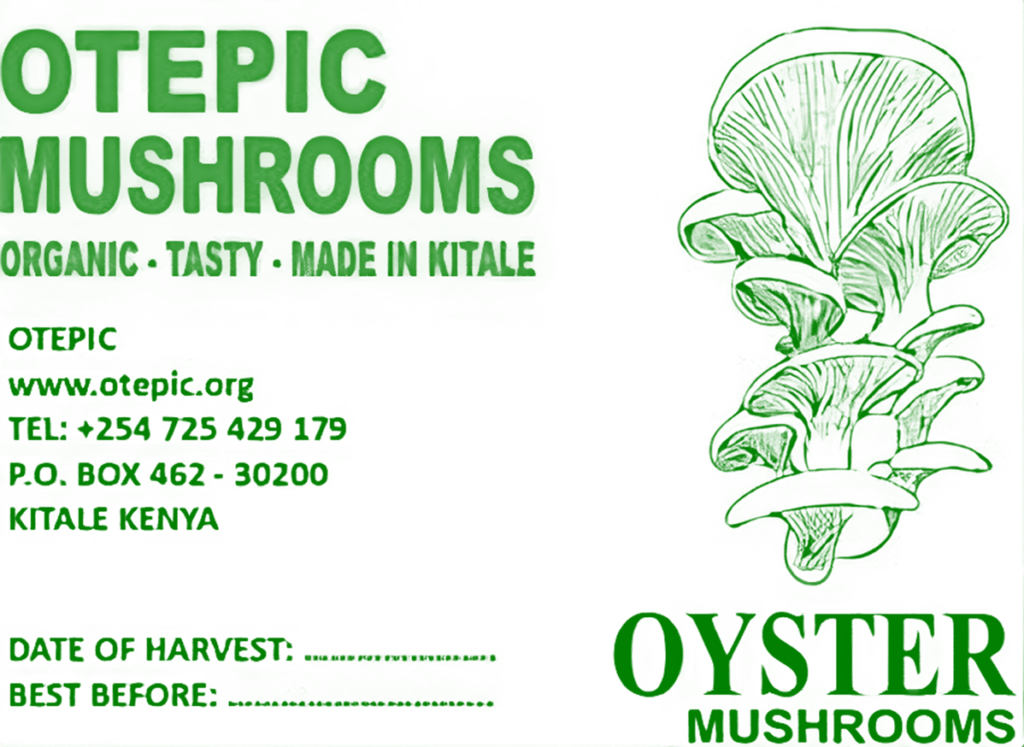Mushroom cultivation embodies climate resilience and adaptability, making it a sustainable agricultural initiative in Kitale Town, Trans Nzoia County, Kenya. By thriving in controlled environments that can be adjusted to counteract climate variability—such as temperature fluctuations and unpredictable rainfall—mushrooms ensure consistent production despite external challenges. This adaptability not only protects crop yields but also enhances food security in a region vulnerable to the impacts of climate change. Utilizing local agricultural waste as substrate further supports sustainable practices, reducing reliance on external inputs and fostering a circular economy within the community. The initiative promotes knowledge-sharing and skill development among local farmers, empowering them to adopt mushroom cultivation as a viable alternative to traditional farming, which may be more susceptible to climate-related risks. By diversifying local agriculture through mushroom farming, this project contributes to building a resilient food system that can withstand climate fluctuations. Moreover, mushrooms require fewer resources, such as water and land, compared to traditional crops, providing an efficient solution for maximizing output in the face of resource scarcity. This focus on climate resilience strengthens economic viability while promoting environmental sustainability, ensuring the community can thrive amidst a changing climate while maintaining access to nutritious food sources.

